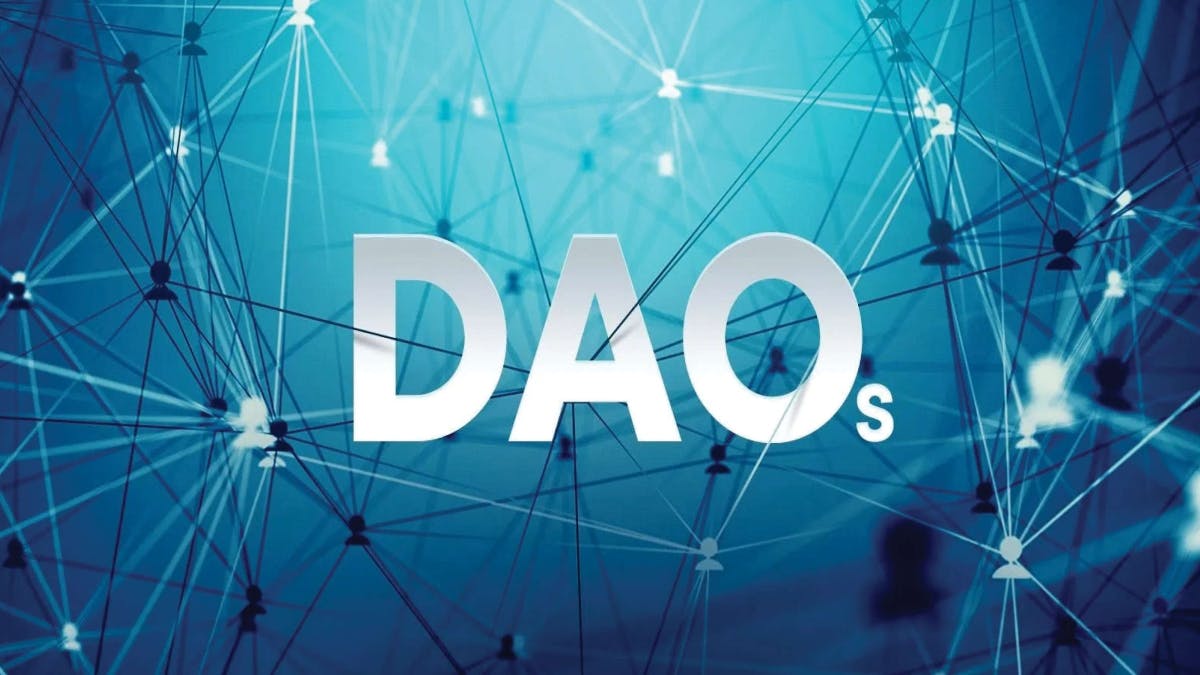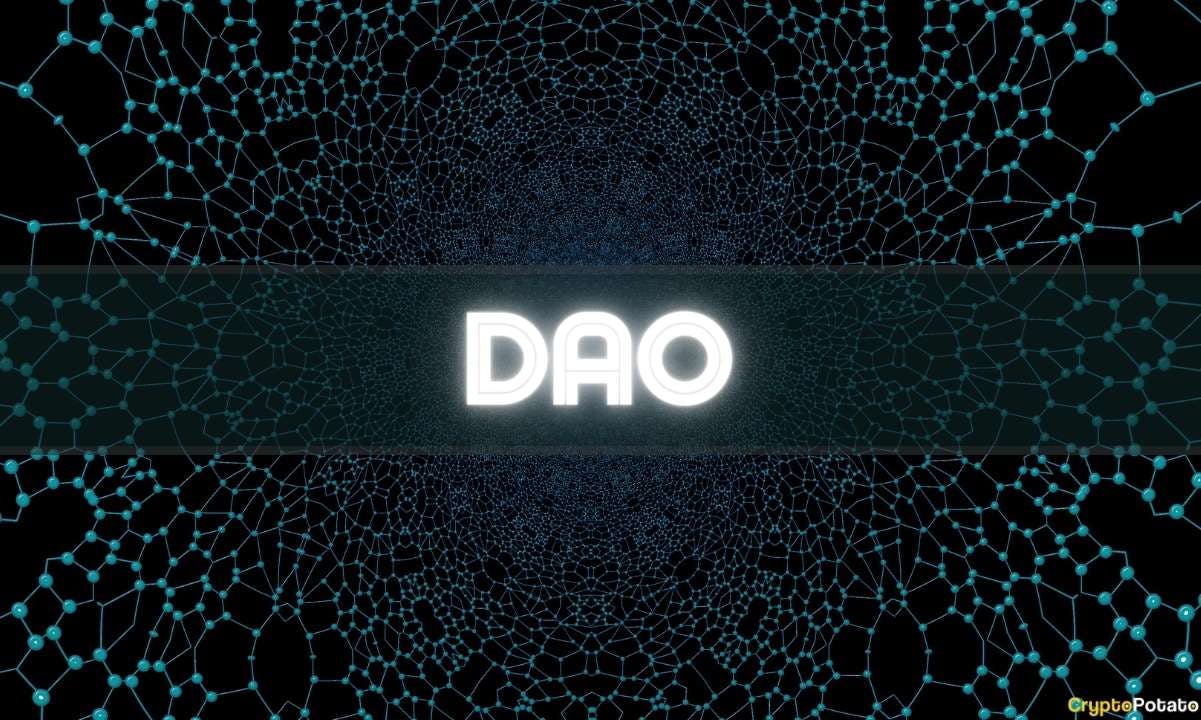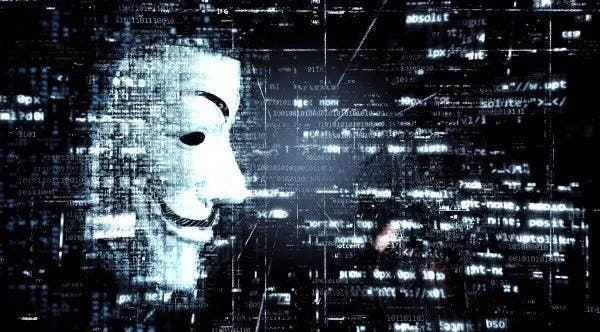What is DAO (Decentralised Autonomous Organization) ?

DAO Explanation
One of the major features of digital currencies is that they are decentralised. This means they are not controlled by a single institution like a government or central bank, but instead are divided among a variety of computers, networks, and nodes. In many cases, virtual currencies make use of this decentralised status to attain levels of privacy and security that are typically unavailable to standard currencies and their transactions.
Inspired by the decentralisation of cryptocurrencies, a group of developers came up with the idea for a decentralised autonomous organisation, or DAO, in 2016.

Understanding the Decentralized Autonomous Organization (DAO)
The DAO was an organization that was designed to be automated and decentralized. It acted as a form of venture capital fund, based on open-source code and without a typical management structure or board of directors. To be fully decentralized, the DAO was unaffiliated with any particular nation-state, though it made use of the ethereum network.
Why make an organization like the DAO? The developers of the DAO believed they could eliminate human error or manipulation of investor funds by placing decision-making power into the hands of an automated system and a crowdsourced process. Fueled by ether, the DAO was designed to allow investors to send money from anywhere in the world anonymously. The DAO would then provide those owners tokens, allowing them voting rights on possible projects.

What is the future of the DAO ?
What does the future hold for the DAO? The DAO as originally envisioned had not returned as of mid-2020. Nonetheless, interest in decentralized autonomous organizations as a broader group continues to grow. In 2021, The Maker Foundation, an icon in the crypto industry as the original champion of DAO, announced that it was officially turning operations over to MakerDAO (creator of the DAI stablecoin) and would dissolve by the end of the year.
While there are many lingering concerns and potential issues regarding legality, security, and structure, some analysts and investors believe that this type of organization will eventually come to prominence, perhaps even replacing traditionally structured businesses.